Content Management Systems (CMS) are the main foundation for building and managing modern websites. Whether for blogs, portfolios, businesses or online stores, the right CMS will speed up the website creation process and make content management easier without the need for advanced coding skills. Currently, WordPress, Webflow, and Shopify are three big names that are widely used by digital players in various sectors. The following is a review and Software Recommendations best to help you choose the most suitable CMS.
1. WordPress
WordPress is Software Recommendations the most flexible and popular in the world. Used by more than 40% of global websites, this platform supports various types of sites ranging from personal blogs to news portals and large-scale business websites. The main advantage of WordPress lies in its extensive ecosystem of plugins and themes. You can add features such as SEO, security, and e-commerce easily. With a large community, comprehensive documentation, and unlimited customization options, WordPress is an ideal choice for users who want complete control over their website.
2. Webflow
For web designers who want full visual control without writing a lot of code, Webflow is it Software Recommendations which is really worth considering. Webflow combines an intuitive drag-and-drop interface with a clean HTML, CSS, and JavaScript structure. This CMS is suitable for creative agencies, freelancers, and businesses that prioritize modern and responsive design. Webflow also allows integration with various marketing and automation tools without any hassle. Its unique advantages are the ease of creating complex animations and fast and secure hosting.
3. Shopify
For e-commerce businesses, Shopify becomes Software Recommendations The best designed specifically for selling products online. This platform allows users to create a complete digital store with a checkout system, inventory, shipping management, and payment integration in one dashboard. Shopify is suitable for business owners who want to focus on sales without having to think about the technical side of the website. Other advantages are high-level security, fast performance, and responsive customer support. You can also add apps from the Shopify App Store to expand your store's features as needed.
4. Flexibility and Scalability
If you are looking for Software Recommendations that can grow with business development, WordPress and Shopify offer solid scalability options. WordPress excels in website structure flexibility, while Shopify makes it easy to expand e-commerce to various international markets. Webflow is no less competitive with dynamic CMS features and premium class hosting.
5. Integration and Support
In terms of integration, all platforms have their own advantages. WordPress allows free installation of external plugins, so it is Software Recommendationswhich is right for those of you who need a lot of extensions. Webflow excels in visual builder integration and CMS editor. While Shopify excels in payment integration, order tracking, and sales analytics.
6. Cost and Efficiency
If you consider cost efficiency, WordPress could be Software Recommendations the most economical, especially if you use free themes and plugins. However, for those who want an all-in-one solution without the hassle of hosting and security, Webflow and Shopify provide a practical experience that is worth the money.
7. Ease of Use
For non-technical users, Shopify is Software Recommendations the friendliest because everything is available built-in. Webflow requires a little learning, but is still easy to operate. WordPress, although very flexible, may require more initial customization if you are not familiar with the CMS.
8. Design and Branding
In terms of visual appearance, Webflow is a clear winner Software Recommendations The main thing is to build a brand with an exclusive appearance. WordPress also provides design freedom thanks to its many premium themes and builders such as Elementor. Shopify also continues to innovate with various modern online store themes.
9. Community and Resources
WordPress has the largest community and is becoming Software Recommendations for users who want to learn independently through forums, tutorials and webinars. Webflow and Shopify also have active communities and responsive help centers.
10. Security and Updates
When it comes to security, Shopify leads the way as Software Recommendations with an automatic update system and centralized server protection. Webflow also provides secure hosting and automatic backups. WordPress requires a more active approach, but is very powerful when configured with the best security plugins.
Choose Software Recommendations The right CMS depends on the type of website you manage, your technical skill level, and your long-term business goals. These three platforms have their respective advantages, and all of them can become a strong digital foundation if used correctly.
Contact Thrive to get an official license and consultation on choosing the best CMS according to your project needs.















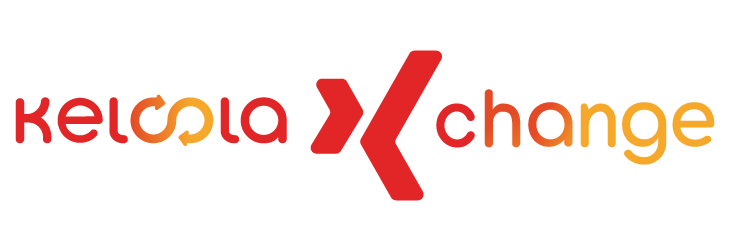
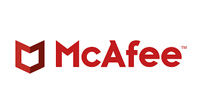
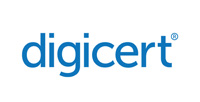

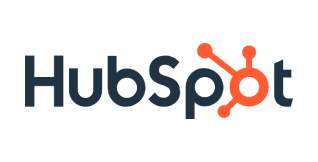
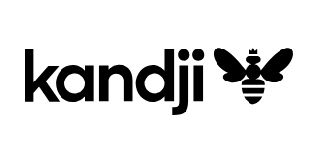
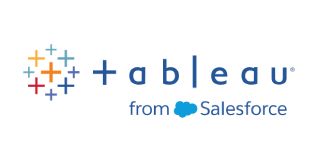

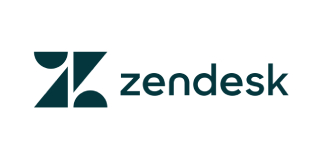
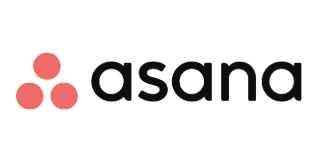
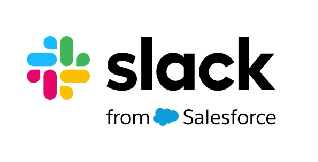


 Industrial Robotics Integration
Industrial Robotics Integration
 IT Outsourcing Service
IT Outsourcing Service
 Secure Internet SD-WAN Connection
Secure Internet SD-WAN Connection
 Digital Marketing Service
Digital Marketing Service









